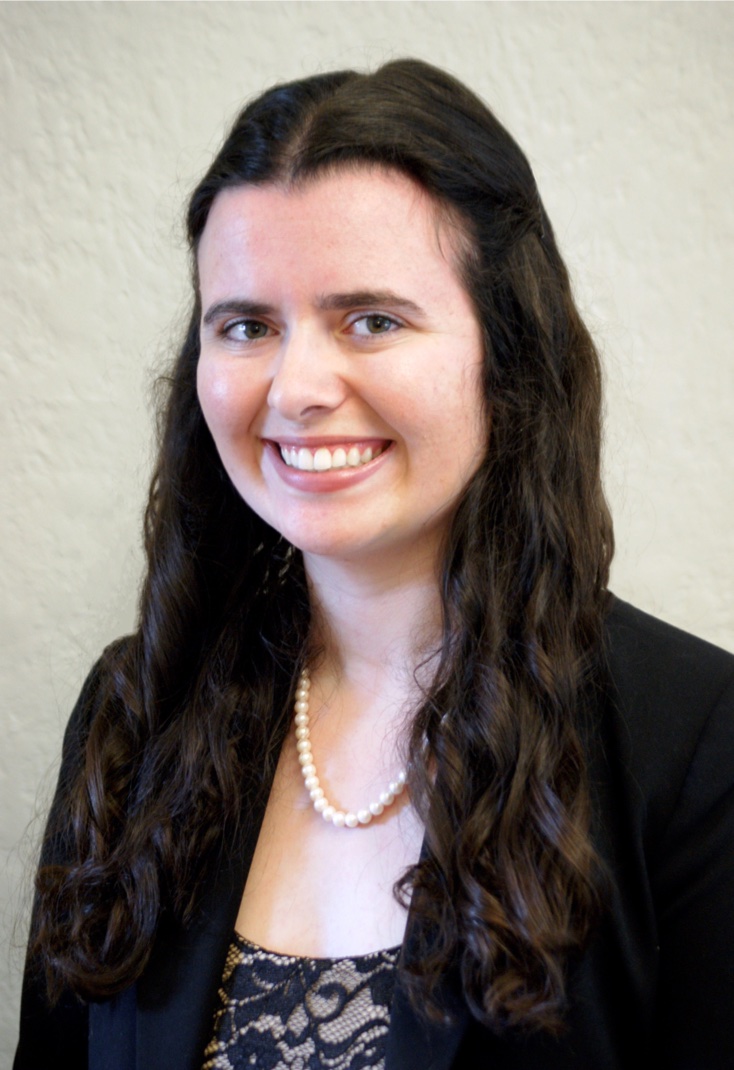I was accepted to medical school almost exactly one year ago. While I often can't remember what I ate for breakfast, I can still vividly picture that weekend. It was April 30, the day in which students who hold multiple offers must narrow their options to only one acceptance. I knew that I was in the top three waitlisted applicants at my first choice program, but I also knew that waitlist movement can vary widely by year, so I wasn't expecting to hear anything. At 10:30 a.m., however, my phone rang and the good news followed. I quickly embarrassed myself by crying into the director's ear, losing the ability to answer very simple questions, and then asking, “Is this going to be in an email?”
The pure joy of the moment lasted for a day. I felt like I was on top of the world, and I was thrilled that my dream of entering medical school was coming to fruition after years of hard work. But by the time I had shared the news with my friends and family the next day, this indescribable, sinking feeling hit me like a rock: What if I'm not good enough? Panic set in as I realized that I had merely put the best portions of myself on my application, and there were a whole lot of failed attempts along the way that medical schools didn't see. What if I couldn't keep up? What if they thought they were getting something that just wasn't me?
As medical schools have grown increasingly competitive each year, it seems as though younger generations of students are being conditioned to compete. I can certainly recall calculating grades in college. I knew exactly, to the decimal point, what score I needed on the final exam to maintain my solid A average. I was constantly reminded that a very small percentage of students are accepted into medical school, that my standardized test score needed to be high enough, and that I should count every hour I spent volunteering or tutoring or leading others because that was ultimately what my life would boil down to on an application.
While there are many things I would change about the admissions process if I could, I can at least reflect on what all of this means for me as a medical student. I have come to understand that quite frankly, once you are accepted into medical school, you can no longer dwell on the numbers. The numbers will not save your patients. The numbers will not provide comfort to the suffering or teach you how to tell families their loved one is gone. It is, of course, important to study your hardest – but not because you need a high score. You study because you finally comprehend that this information will help real life patients in a real life hospital someday, an ultimate purpose that often gets lost in the competition for grades.
As I finish my first year of medical school, I urge future students to realize sooner than I did that there is much more to learning medicine than the material in textbooks. If you do, medical school will soon become one of the most potential-filled and also one of the most frustrating periods of your life. This may seem contradictory, but consider it with me for a moment.
When else will you have the ability to sit down with patients and ask them about their stories, their ailments, and their fears without shouldering the full responsibility of needing to solve those problems? I hope you will take the time to learn, in those moments, that solving the medical issue may not be the greatest thing you can do for a patient. Perhaps you will realize that the patient's problem cannot be solved by modern medicine anyway. What does he or she really need, then? Will you take the time to give it?
When else will you know just enough to comprehend the full gravity of a patient's terrible situation yet be stuck in the position where you can do absolutely nothing about it? I hope you will take the time to learn, in those moments, that you are a mere cog in an incredibly fragmented system. I hope you do not resolve yourself to the belief that this is simply the way the world works. What if something can be done to fix it? Will you become a part of the system that allows patients to slip through the cracks, or will you be a part of the generation that paves the way for its future? If you focus only on the healing you can do by getting a question right about a fake patient on an exam, you will miss the healing that can take place within your heart or a patient's heart purely by taking the time to be present in the moment.
Be prepared to learn as a medical student – but not just about how to take exams or even how to diagnose diseases. Prepare to explore regions of yourself and of the human spirit that you never knew existed. Seek out opportunities to learn more about what it is like to be a patient, what it is like to be scared because you have an illness that doctors cannot understand or because you have no access to the treatment that you and your loved ones desperately need. You won't have a lot of money, but volunteer your time, your energy, and your heart. Reflect often. Explore your strengths and find ways to apply them to your future practice.
Regardless of any fears you have about falling short of the mark, know that someday, someone is going to put his or her life into your hands. Will you have done everything you can to prepare for this moment, or did you lose sight of why you ventured down this path in the first place?

Emily Hayward, MS2
University of Alabama at Birmingham

